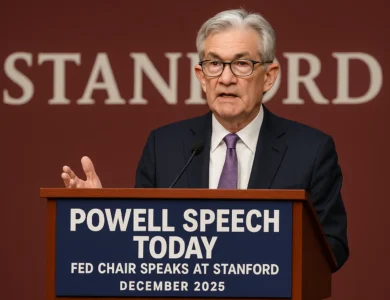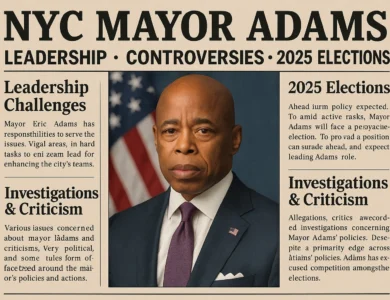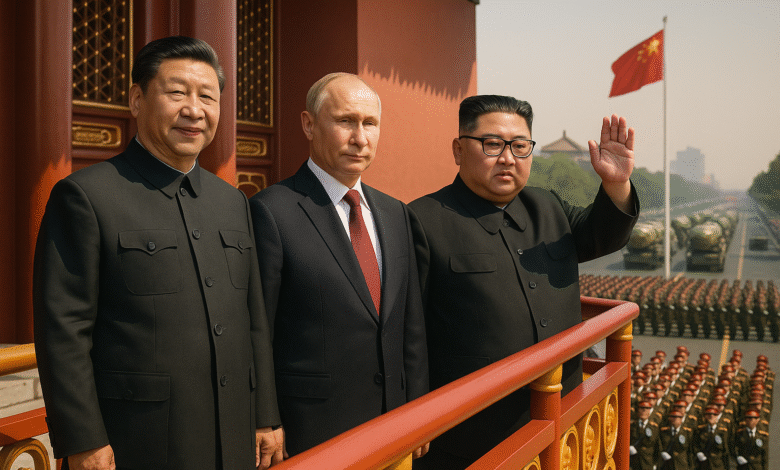
The world watched with heightened attention as three of the globe’s most powerful authoritarian leaders stood side by side in Beijing’s iconic Tiananmen Square on September 3, 2025. Chinese President Xi Jinping, Russian President Vladimir Putin, and North Korean leader Kim Jong Un gathered for what many analysts are calling the most significant display of authoritarian unity in decades. The Beijing military parade, commemorating the 80th anniversary of Japan’s surrender ending World War II, showcased not just military hardware but a defiant message to the Western world.
This unprecedented gathering of the China Russia North Korea alliance has sent shockwaves through international diplomatic circles, with many experts warning that this triumvirate represents the emergence of a new axis that could fundamentally reshape global geopolitics. The military parade Beijing 2025 featured over 50,000 participants and displayed China’s most advanced weaponry, including hypersonic missiles and cutting-edge military technology that directly challenges Western military supremacy.
The timing of this gathering is particularly significant, coming at a moment when tensions between these nations and the United States have reached fever pitch. The Xi Putin Kim summit represents more than ceremonial diplomacy; it signals a coordinated effort to present a united front against what these leaders perceive as Western hegemony and American influence in global affairs.
The Historic Gathering: A Show of Authoritarian Strength
The Beijing parade 2025 was nothing short of spectacular, featuring China’s largest-ever military display with Xi Jinping, Putin, and Kim Jong Un prominently positioned at the center of the proceedings. The carefully choreographed event saw the three leaders standing together on the reviewing platform, presenting a visual representation of authoritarian solidarity that hasn’t been witnessed since the height of the Cold War era.
Xi Jinping used the platform to deliver pointed remarks about China’s commitment to standing “firmly on the right side of history and on the side of human progress.” This statement, while diplomatically phrased, was widely interpreted as a direct challenge to Western narratives about democracy and human rights. The Chinese military parade showcased advanced weaponry systems, including the YJ-21 hypersonic anti-ship ballistic missiles, demonstrating China’s growing military capabilities.
The presence of Putin and Kim Jong Un at this event was particularly symbolic. Despite ongoing international sanctions and diplomatic isolation, both leaders traveled to Beijing to participate in what many observers describe as a deliberate show of defiance against Western pressure. The Russia China North Korea alliance was on full display, with each leader using the platform to reinforce their commitment to challenging the existing international order.
South Korean intelligence reports suggest that while a formal trilateral meeting between the three leaders was not scheduled, bilateral discussions between Xi and Putin, as well as Xi and Kim, were planned. These behind-the-scenes diplomatic exchanges are expected to focus on economic cooperation, military coordination, and strategies for countering Western sanctions and pressure.
Military Display: Advanced Weaponry and Strategic Messaging
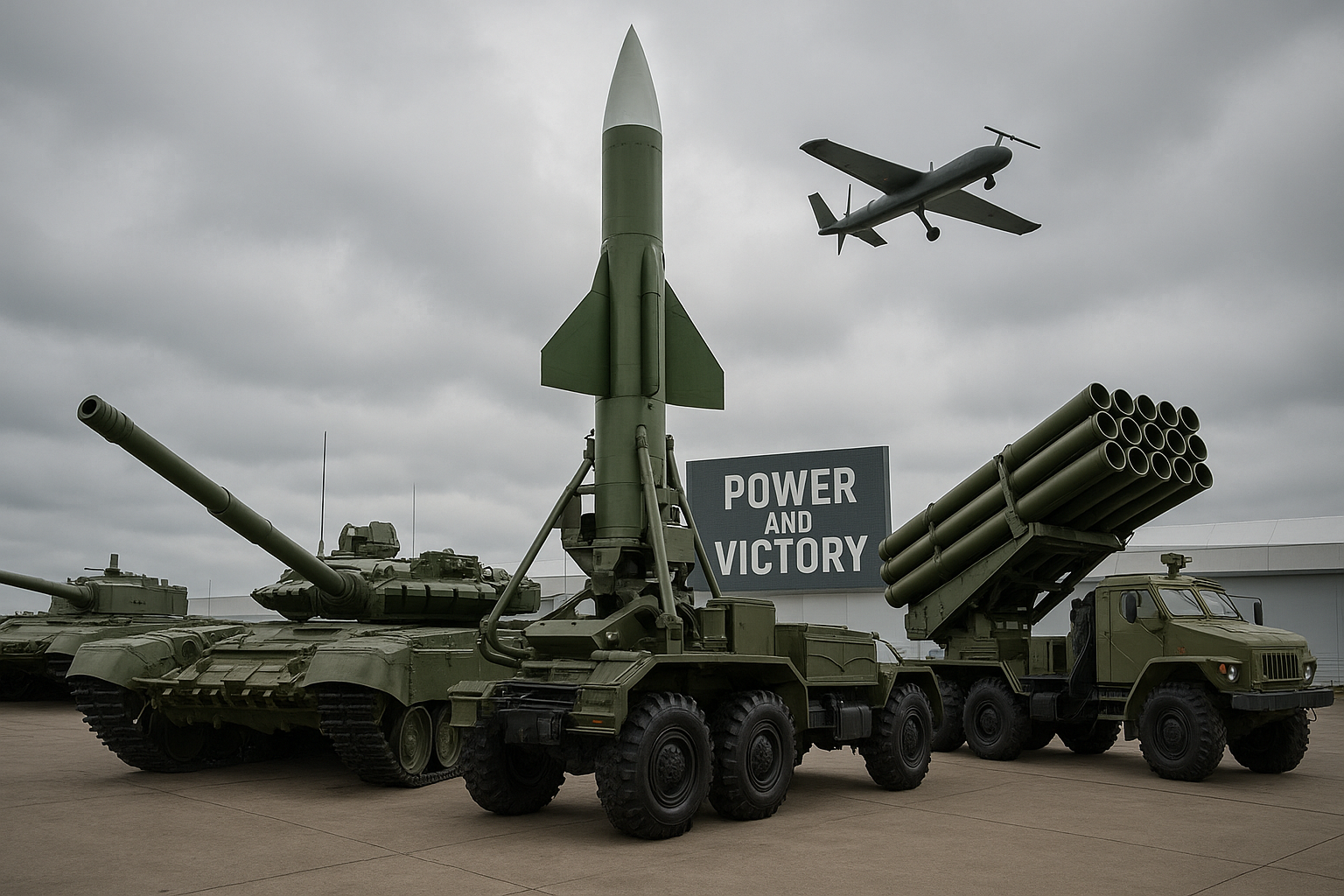
The Beijing military parade served dual purposes: honoring the anniversary of World War II’s end while simultaneously demonstrating China’s advanced military capabilities to the world. The parade featured an impressive array of military hardware that highlighted the People’s Liberation Army’s technological advancement and modernization efforts under Xi Jinping’s leadership.
Among the most notable displays were China’s hypersonic missile systems, advanced fighter aircraft, and naval equipment that directly challenge American military superiority in the Asia-Pacific region. The military parade Beijing 2025 included formations of soldiers, tanks, aircraft flyovers, and mobile missile launchers that represented decades of military investment and development.
The strategic messaging behind this military display was clear: China, supported by its allies Russia and North Korea, possesses the military capability to defend its interests and challenge Western dominance. The parade showcased China’s transition from a Soviet-style, army-oriented military structure to a more modern, technologically advanced force capable of projecting power globally.
Putin’s attendance at the parade was particularly significant given Russia’s ongoing military engagement in Ukraine. His presence alongside Xi and Kim sent a message that Russia maintains strong backing from major allies despite Western sanctions and diplomatic isolation. The China Russia alliance has grown stronger as both nations face increasing pressure from the United States and its allies.
For North Korea, participation in this high-profile event represents a significant diplomatic victory. Kim Jong Un’s presence at the Beijing parade demonstrates that despite international sanctions and isolation, North Korea maintains important strategic partnerships that provide economic and political support.
Geopolitical Implications: A New Cold War Axis
The gathering of Xi, Putin, and Kim in Beijing has profound implications for global geopolitics, with many analysts warning that this represents the formation of a new authoritarian axis that could fundamentally challenge the post-World War II international order. The China Russia North Korea partnership extends beyond mere diplomatic courtesy, encompassing economic cooperation, military coordination, and shared strategic objectives.
This alliance poses significant challenges for the United States and its allies, particularly in the Asia-Pacific region, where China’s growing assertiveness has already created tension. The Xi Putin Kim alliance represents a coordinated effort to challenge American influence, counter Western sanctions, and create alternative international systems that bypass traditional Western-dominated institutions.
Economic cooperation between these three nations has intensified significantly, with China serving as a crucial economic lifeline for both Russia and North Korea. Despite international sanctions, trade relationships have strengthened, with China providing essential goods, technology, and financial services that help these nations weather Western pressure.
The military implications of this alliance are equally concerning for Western security analysts. The potential for technology sharing, joint military exercises, and coordinated military action creates new security challenges that require careful strategic response from NATO and allied nations. The Beijing military parade served as a demonstration of the collective military capabilities that this alliance brings together.
International Reactions: Western Concerns and Strategic Responses
The Beijing parade 2025 has triggered significant concern among Western leaders and security analysts who view the gathering of Xi, Putin, and Kim as evidence of a growing authoritarian challenge to democratic values and international law. President Trump’s administration has already issued statements expressing concern about what officials describe as a “conspiracy” against American interests.
European leaders have similarly expressed unease about this display of authoritarian unity, particularly given the ongoing conflict in Ukraine and tensions in the South China Sea. The China, Russia North Korea alliance represents a direct challenge to NATO and European security interests, requiring coordinated diplomatic and military responses.
The timing of this gathering, coming just as tensions between these nations and the West have reached new heights, suggests deliberate strategic coordination. The Xi, Putin Kim summit sends a clear message that these leaders are prepared to work together to counter Western pressure and create alternative power structures in international relations.
South Korean and Japanese officials have expressed particular concern about the implications for regional security, especially given North Korea’s nuclear capabilities and China’s territorial claims in the region. The military parade in Beijing demonstration of advanced weapons systems, has heightened concerns about the balance of power in East Asia.
Economic Dimensions: Trade and Sanctions Evasion
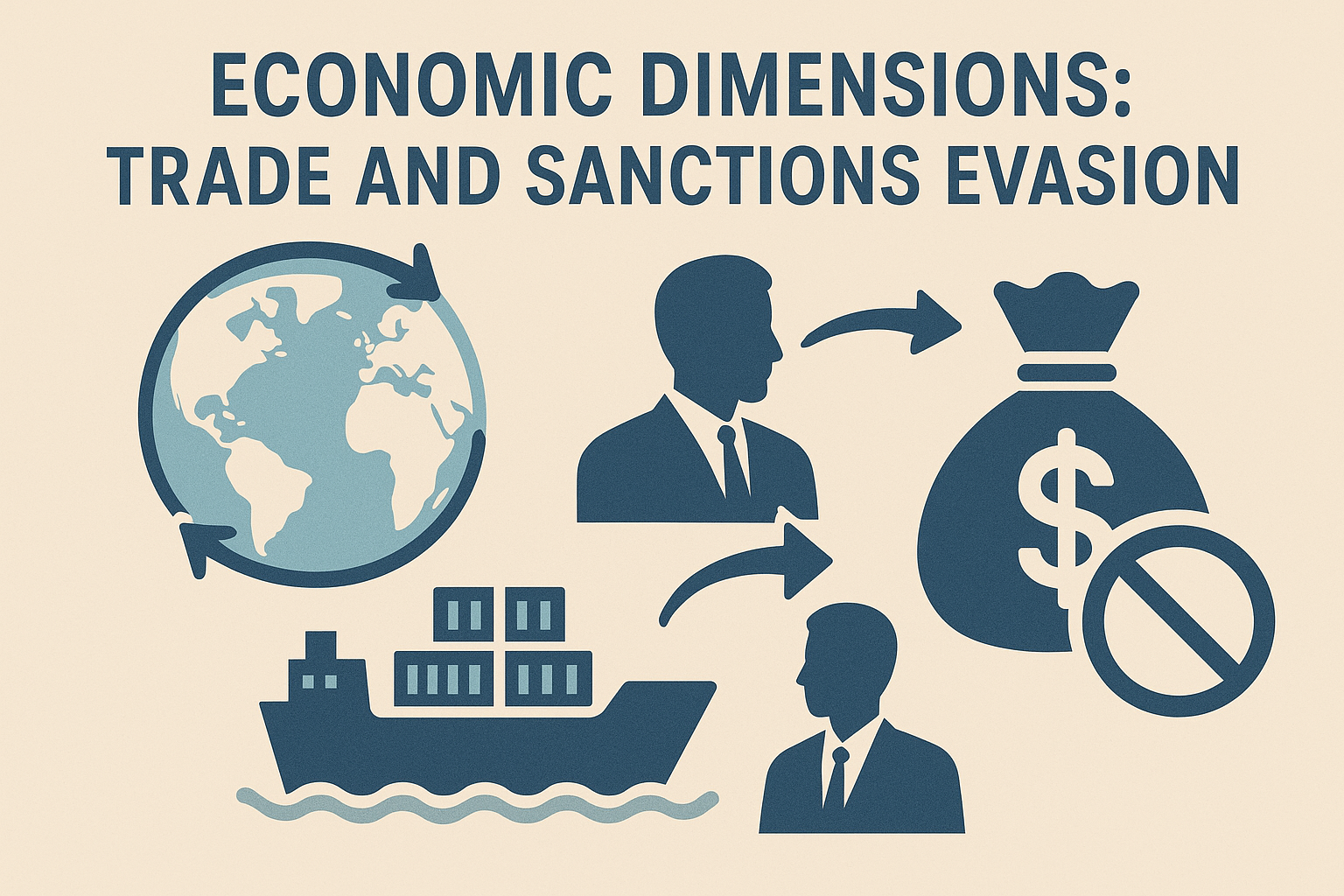
Behind the pageantry of the Beijing parade, significant economic cooperation between China, Russia, and North Korea continues to evolve, creating new challenges for Western sanctions regimes. The China Russia North Korea economic partnership has grown stronger as these nations seek to reduce dependence on Western markets and financial systems.
Xi Jinping’s economic strategy involves leveraging China’s manufacturing capabilities and market access to provide essential support for both the Russian and North Korean economies. This economic cooperation extends beyond simple trade relationships to include technology transfer, financial services, and infrastructure development that helps these nations weather Western sanctions.
The Russia-China alliance has been particularly important in the energy sector, where China has become a major purchaser of Russian oil and gas despite Western sanctions. This economic relationship provides Russia with crucial revenue while giving China access to discounted energy resources that support its manufacturing economy.
For North Korea, economic cooperation with China represents a lifeline that enables the regime to maintain stability despite comprehensive international sanctions. The Beijing military parade celebration provided an opportunity for Kim Jong Un to reinforce these economic partnerships while demonstrating North Korea’s strategic value to its allies.
Future Implications: Reshaping Global Order
The historic gathering at the Beijing parade 2025 represents more than a single diplomatic event; it signals the emergence of a coordinated challenge to the existing international order that could reshape global politics for decades to come. The Xi, Putin Kim alliance demonstrates that authoritarian nations are increasingly willing to work together to counter Western influence and create alternative systems of international cooperation.
This development has significant implications for multilateral institutions, international law, and global economic systems that have been dominated by Western nations since World War II. The China, Russia North Korea partnership suggests that these nations are prepared to invest in alternative institutions, economic systems, and security arrangements that bypass Western-controlled organizations.
The military parade in Beijing displays advanced weapons system,s and the coordinated diplomatic messaging from all three leaders indicates that this alliance is built on substantial military and economic foundations rather than mere diplomatic convenience. This suggests that the partnership will likely endure and evolve, creating lasting changes in global power dynamics.
For Western nations, responding to this authoritarian alliance will require careful strategic planning, enhanced cooperation among democratic allies, and new approaches to diplomacy and security that acknowledge the reality of this emerging power bloc. The Beijing military parade serves as a clear signal that the era of unchallenged Western dominance in international affairs may be coming to an end.
More Reads: The Envelope My Father Trusted Me With
Conclusion
The gathering of Xi Jinping, Vladimir Putin, and Kim Jong Un at the Beijing military parade represents a defining moment in contemporary international relations, signaling the emergence of a powerful authoritarian alliance that challenges Western dominance and democratic values globally. This historic Xi, Putin Kim summit demonstrates that these leaders are prepared to work together systematically to counter Western influence and reshape the international order.
The Beijing parade 2025 will likely be remembered as a turning point that marked the beginning of a new era in global politics, characterized by increased competition between democratic and authoritarian systems. The China, Russia North Korea alliance showcased at this event represents more than diplomatic symbolism; it embodies a coordinated strategy to challenge American hegemony and create alternative centers of global power.





